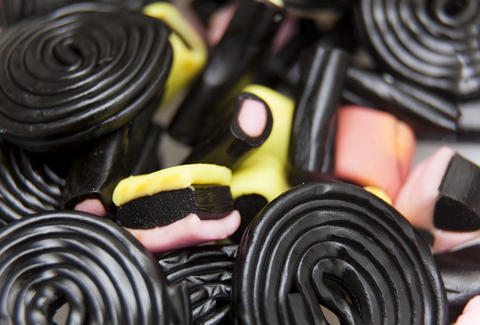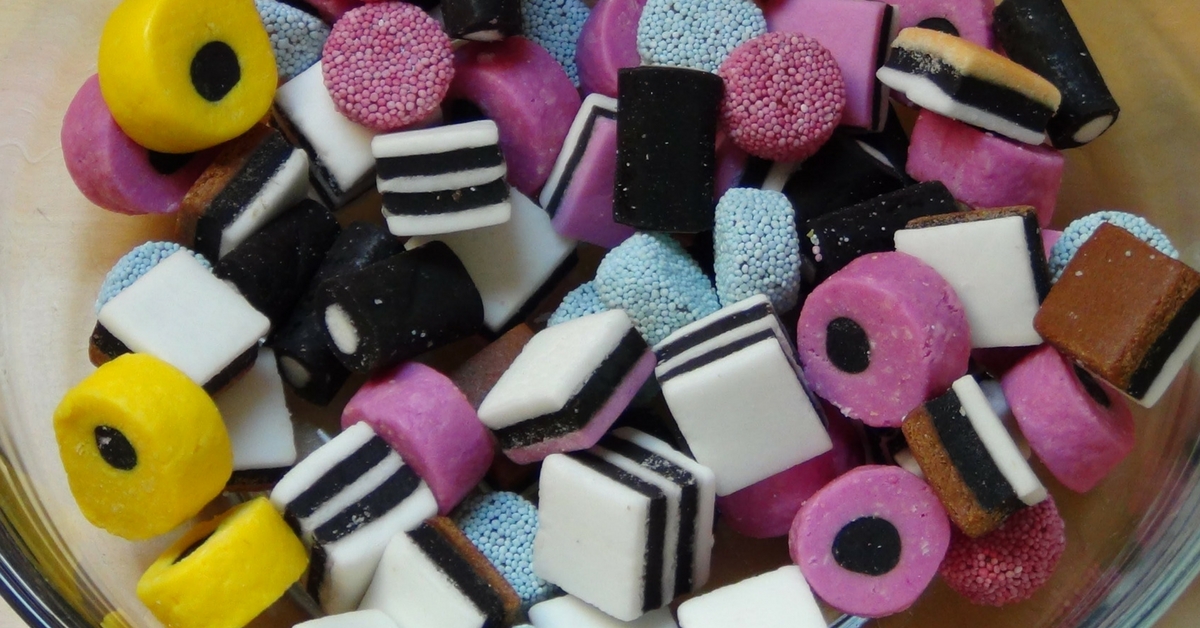Love it, or hate it, black licorice is something everyone has strong feelings about. While it may not rank high on the best Halloween candy lists, those who love it, REALLY love it.
If you are part of this small, but mighty portion of the population that adores this treat, you may want to think again before biting into black licorice candy.

The Food and Drug Administration warns regular eaters of black licorice, that it can actually harm your health.
In 2004, a 56-year-old woman was admitted to hospital after overdosing on black licorice. She had reportedly been eating several packets of the treat every day to help ease her constipation.
The glycyrrhizin, a sweetening compound that comes from the licorice root is commonly found in the black licorice treat. This compound makes your body's potassium levels fall, which can result in some scary symptoms.
In large quantities, eating black licorice regularly can cause heart problems. People have experienced a range of symptoms including abnormal heart rhythms, high blood pressure, swelling, lethargy and congestive heart failure after consuming too much black licorice.
The warning is especially important to those over the age of 40, says FDA spokesperson Peter Cassell. If you fall into this age range, the FDA advises eating no more than two ounces, or four small pieces a day. Eating two ounces per day for at least two weeks can actually send you to hospital.
"If you have been eating a lot of black licorice and have an irregular heart rhythm or muscle weakness, stop eating it immediately and contact your healthcare provider," the FDA warns.
The good news is that your potassium levels return to normal after you stop eating excessive amounts of this peculiar favorite.
While the concern mainly surrounds adults over the age of 40, "No matter what your age, don't eat large amounts of black licorice at one time," Cassell says.
Black licorice also has the ability to interact poorly with certain medications, herbs or dietary supplements. If you are fan of black licorice you may want to check with your doctor about any possible risks.
Take a look at the packaging of your favorite black licorice products and keep an eye out for "licorice flavor extract, oil or natural flavoring," as these will contain the hazardous compound, Cassell said. If you don't see these ingredients the licorice flavor likely comes from artificial flavoring, which means it doesn't include this compound.
What do you think of black licorice? Love it or hate it?
Source: Delish / CNN / IFLScience!



